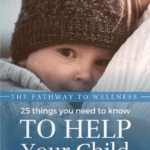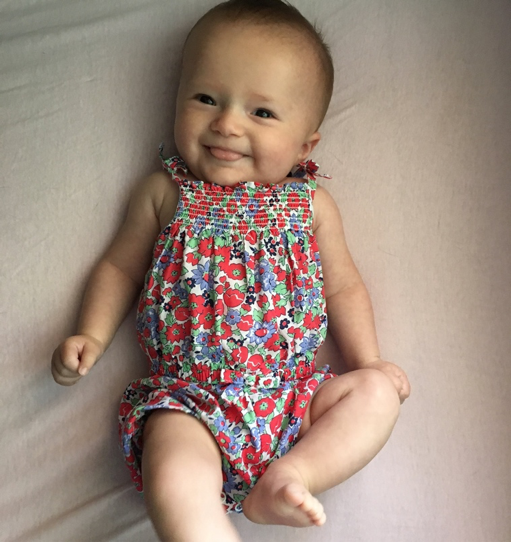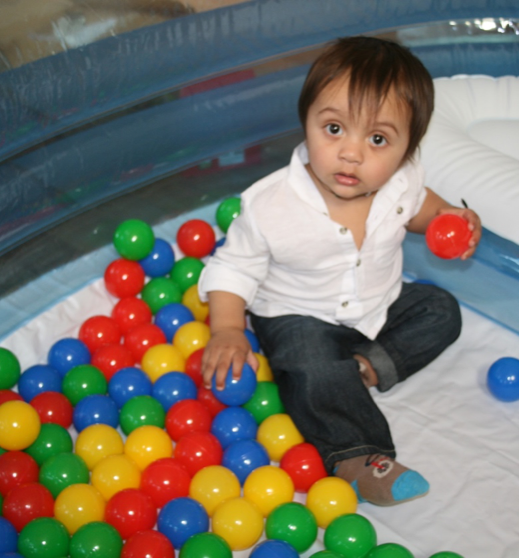Cerebral Ataxia: Zac’s Story of Hope and Hard Work
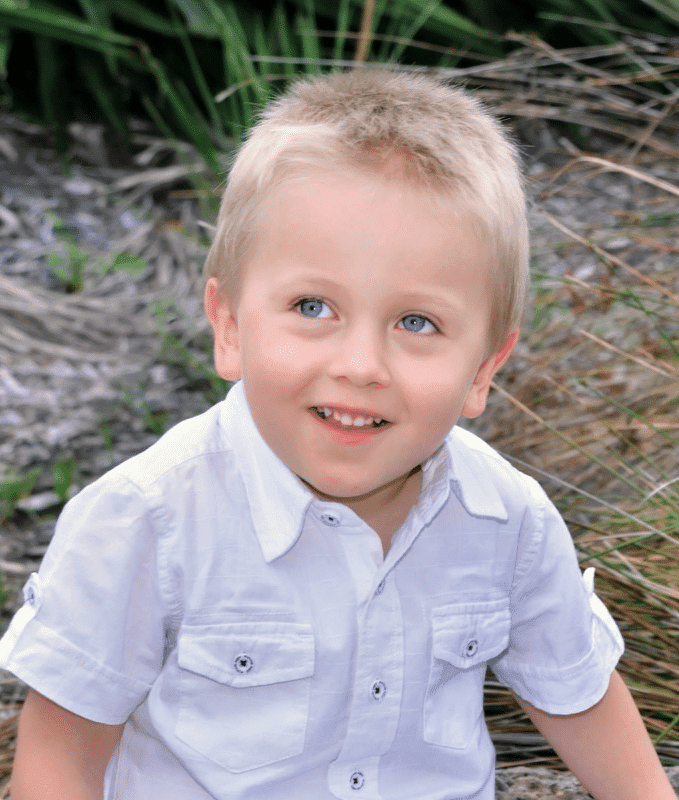
What do parents expect after attending the “What To Do About Your Brain-Injured” course? A program to help their brain-injured child? Mutual support from other parents? Guidance from staff members of The Institutes for the Achievement of Human Potential? Knowledge and deep understanding of how the brain works?
Yes, all the above.
However, many parents report the most important thing they take home from the course is hope or a strong renewal of the hope they were in danger of losing.
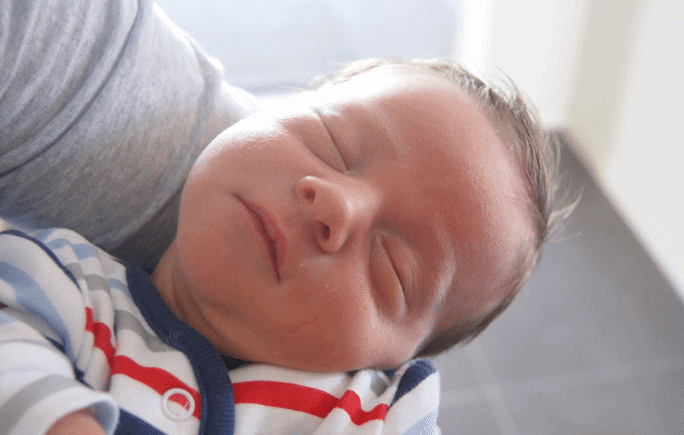
This the story of Zac.
Little Zac was born 35 days before his due date. Within 72 hours he became jaundiced. He was in the hospital for 4 long weeks. His Mother remembers “When Zac wasn’t reaching developmental milestones in his first year of life, we started to become concerned and seek medical help. We saw many medical professionals including pediatricians, neurologists and geneticists. Doctors could see there was a problem but didn’t have much to offer Zac, as his condition is quite rare.”
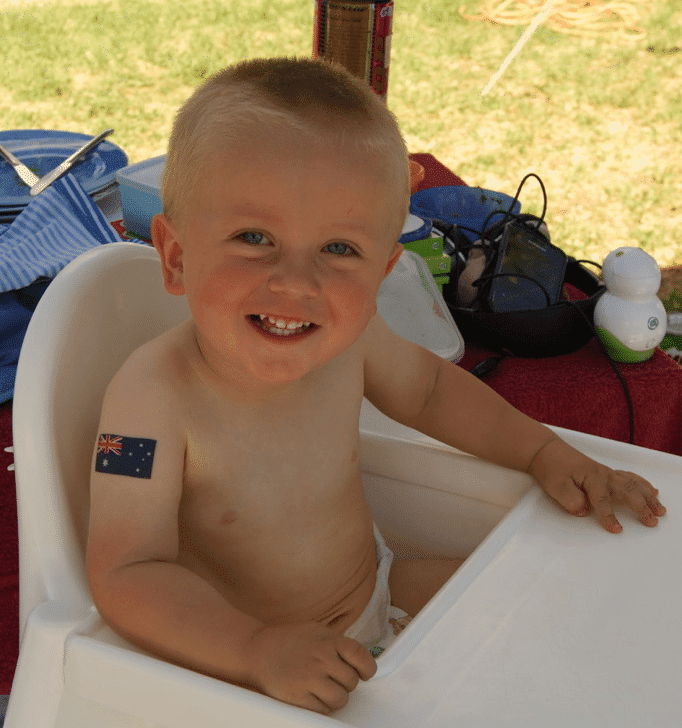
Parents were told there was no treatment for cerebellar ataxia – wait and see.
After many tests and a lot of waiting, Zac was given a diagnosis of Recessive Cerebellar Ataxia. We were told there was no treatment for this and the best thing we could do was take him to physiotherapy and speech therapy and to wait and see how he went. There was no clear idea of what the future held and whether Zac would ever walk or talk.
We were shattered.
We did the recommended therapy for a little while, but with minimal improvements, became increasingly frustrated and started to research what else was out there.
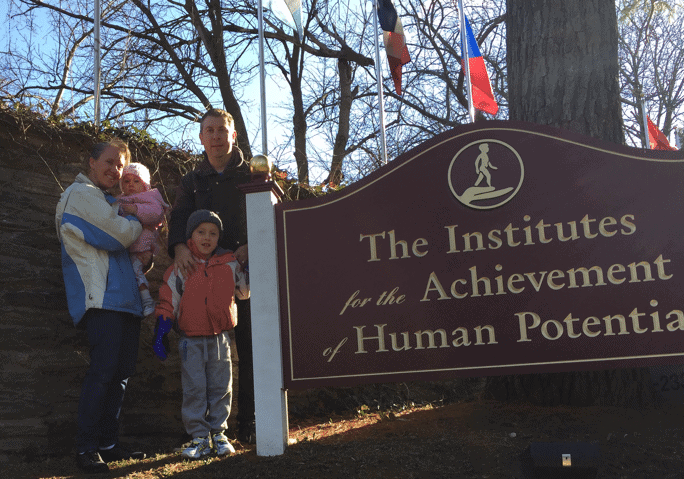
“The course taught me there was hope for Zac’s future”
When Zac was four years old Mother attended the “What To do About Your Brain-injured Child” course.
Mother states: “It taught me there was hope for Zac’s future and we could make a difference in his life. That the brain grows by use and if stimulated correctly with frequency, intensity and duration then the possibilities were endless for our boy. That was all we needed to hear. We weren’t afraid of hard work, we just lacked the knowledge of how to help Zac.”
At that time Zac was functioning at the level of a three-year- old except in mobility – he was creeping and could not yet walk. In manual ability he was at the level of a seven-month- old.
Upon returning home, parents designed a very strong program that included oxygen enrichment, nutrition, and tactile stimulation. His physical program included lots of creeping and his intellectual program set him on a pathway to learn how to read.
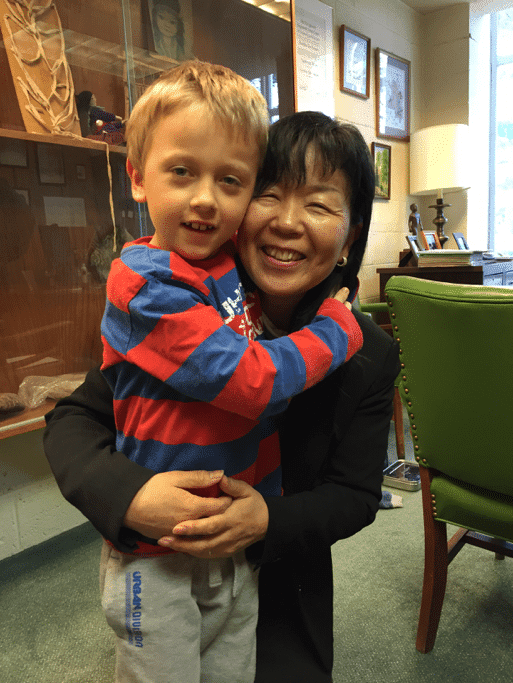
Zac learned how to read and write and began to walk and speak in sentences for the first time.
Seven months later Zac made the trip to The Institutes to meet the staff and be evaluated at The Institutes. He was able to read well enough to get a Reading Victory. Zac returned home and continued to work very hard on the new program that the staff outlined for him.
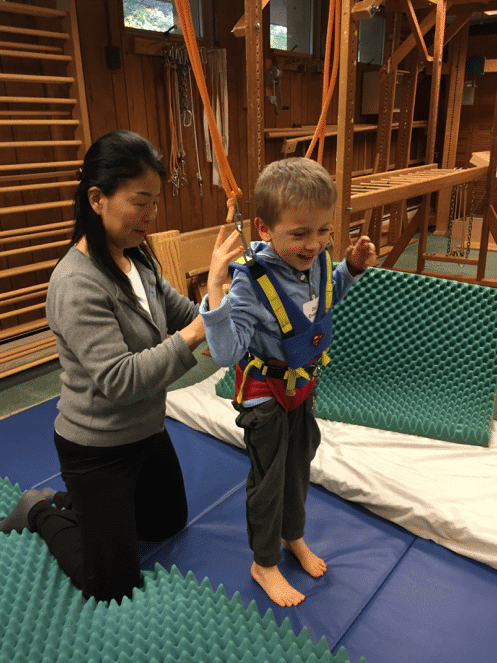
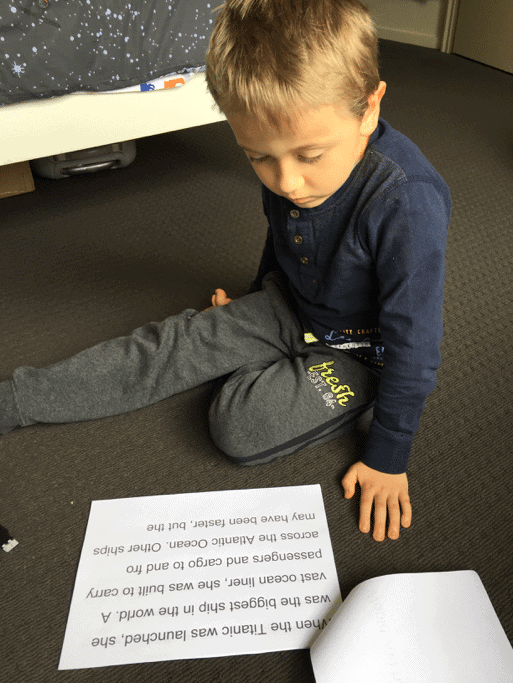
In the next two years Zak began to take steps, he learned how to write and he began to speak in sentences. His speech improved so much that even friends outside of his immediate family began to understand his speech.
In the year that followed Mother gave birth to Zak’s little sister. Zak’s program had to take a back seat for a little while so that the baby could have the time and attention she needed. Then Mother did a brilliant job creating an environment that would provide the appropriate stimulation and opportunity, not only for Zak, but for the baby as well. Mother made sure that the baby would benefit right from day one from a truly enriched environment designed to provide new information for the baby on purpose rather by than by accident.
During these two years although we did not see Zak he began to take steps, he learned how to write and he began to speak in sentences. His speech improved so much that even friends outside of his immediate family began to understand his speech.
At his most recent visit he could walk 100 meters. He is fond of telling long stories, and expressing his ideas and opinions. He often asks his mother to write them down. Although he had a history of sleep apnea, he now sleeps soundly and deeply at night.
Today Zac is above his peers in some areas
Zac’s Mother’s advice: “We would advise parents to get started on the program as soon as possible. If you wait, you lose precious time in helping your child get better.”
Zac is not yet ready to graduate from the program. But he has come a long, long way. Today he is above his peers in some areas and much closer to the wellness in other areas. This was not the prognosis of his doctors six years ago.
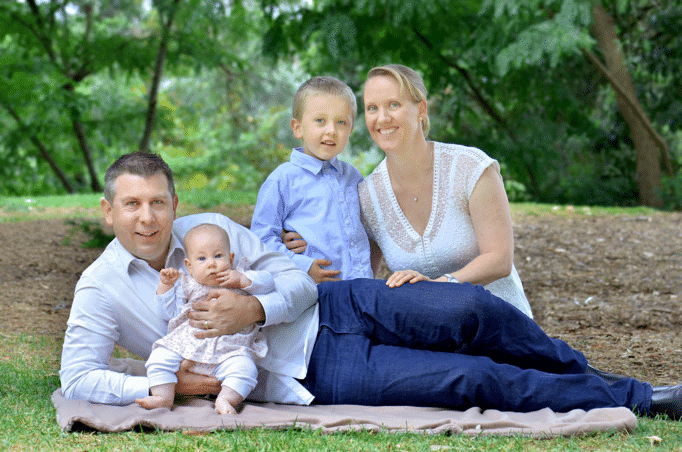
Congratulations to Zac and his dedicated parents. Zac’s parents would not believe that their beloved son could not be helped. Their fighting spirit and hard work are helping Zac to have the real life he richly deserves to have. Keep fighting Zac we are with you!
Learn More About the What To Do About Your Brain-Injured Child Course
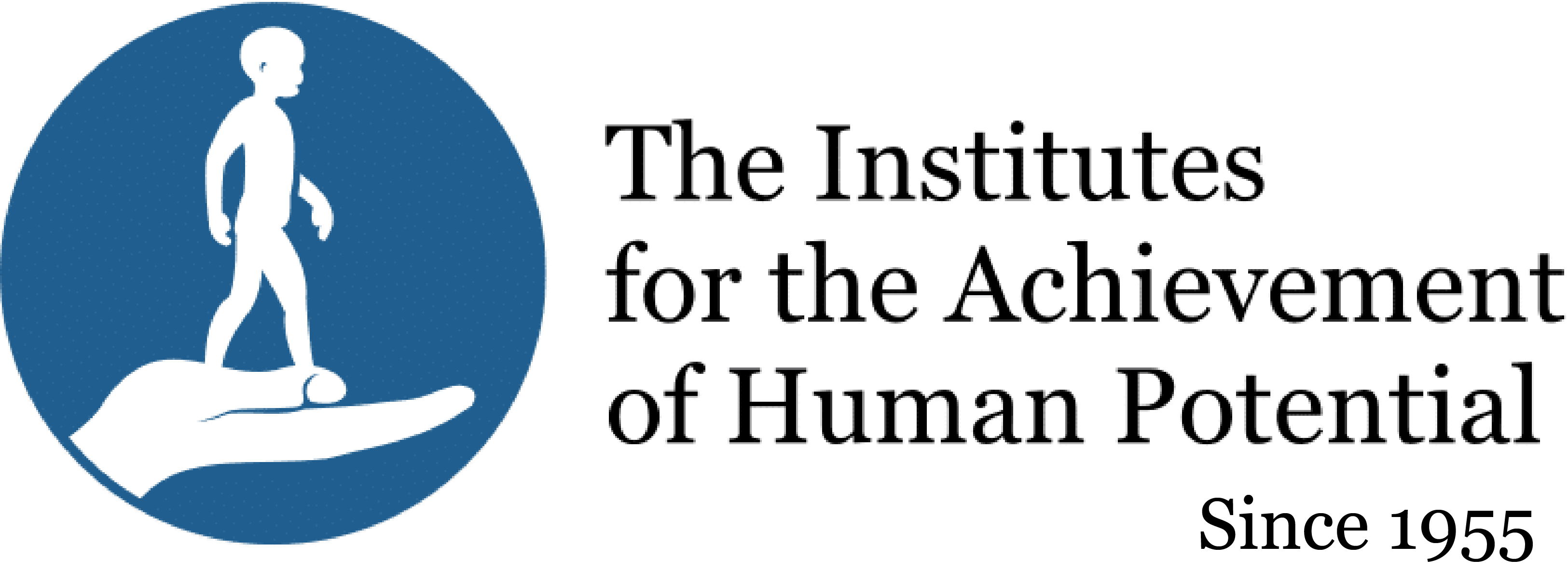
 Donate
Donate


